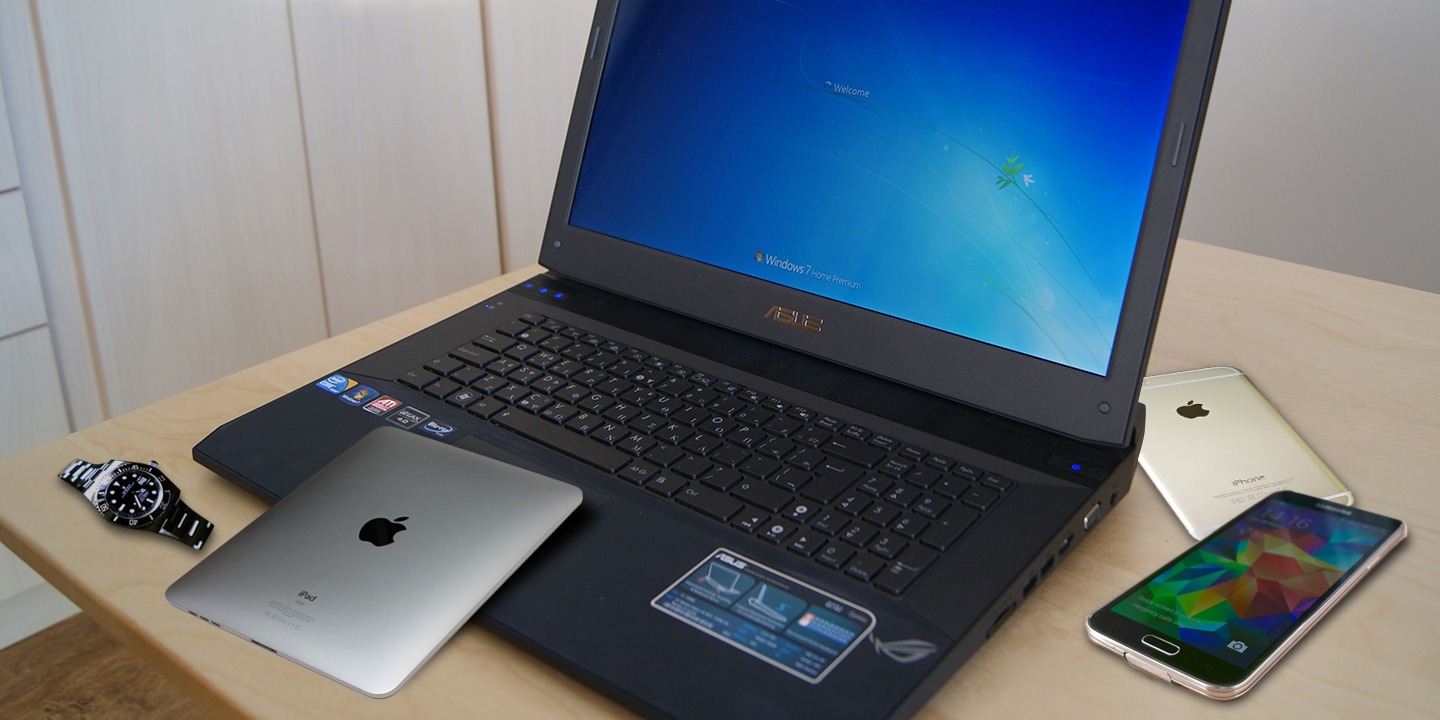It’s long been prescribed that when your iPhone’s battery is running poorly that you close out all the running apps to help preserve battery life. That makes sense if you’re using a computer, but as writer (and former Genius Bar technician) Scotty Loveless points out, that’s simply not the case in iOS.
On a computer, the more software you have open, the more work the computer’s doing and the more battery it’s draining. On iOS, things work a bit differently
Yes, it does shut down the app, but what you don’t know is that you are actually making your battery life worse if you do this on a regular basis. Let me tell you why.
By closing the app, you take the app out of the phone’s RAM . While you think this may be what you want to do, it’s not. When you open that same app again the next time you need it, your device has to load it back into memory all over again. All of that loading and unloading puts more stress on your device than just leaving it alone. Plus, iOS closes apps automatically as it needs more memory, so you’re doing something your device is already doing for you. You are meant to be the user of your device, not the janitor.
The truth is, those apps in your multitasking menu are not running in the background at all: iOS freezes them where you last left the app so that it’s ready to go if you go back. Unless you have enabled Background App Refresh, your apps are not allowed to run in the background unless they are playing music, using location services, recording audio, or the sneakiest of them all: checking for incoming VOIP calls , like Skype. All of these exceptions, besides the latter, will put an icon next to your battery icon to alert you it is running in the background.
So, not only does it not help, but your phone’s going to do more work in the long run reloading those apps from scratch. If you’re looking to improve your battery life, Loveless has a bunch of practical tips for doing so.



